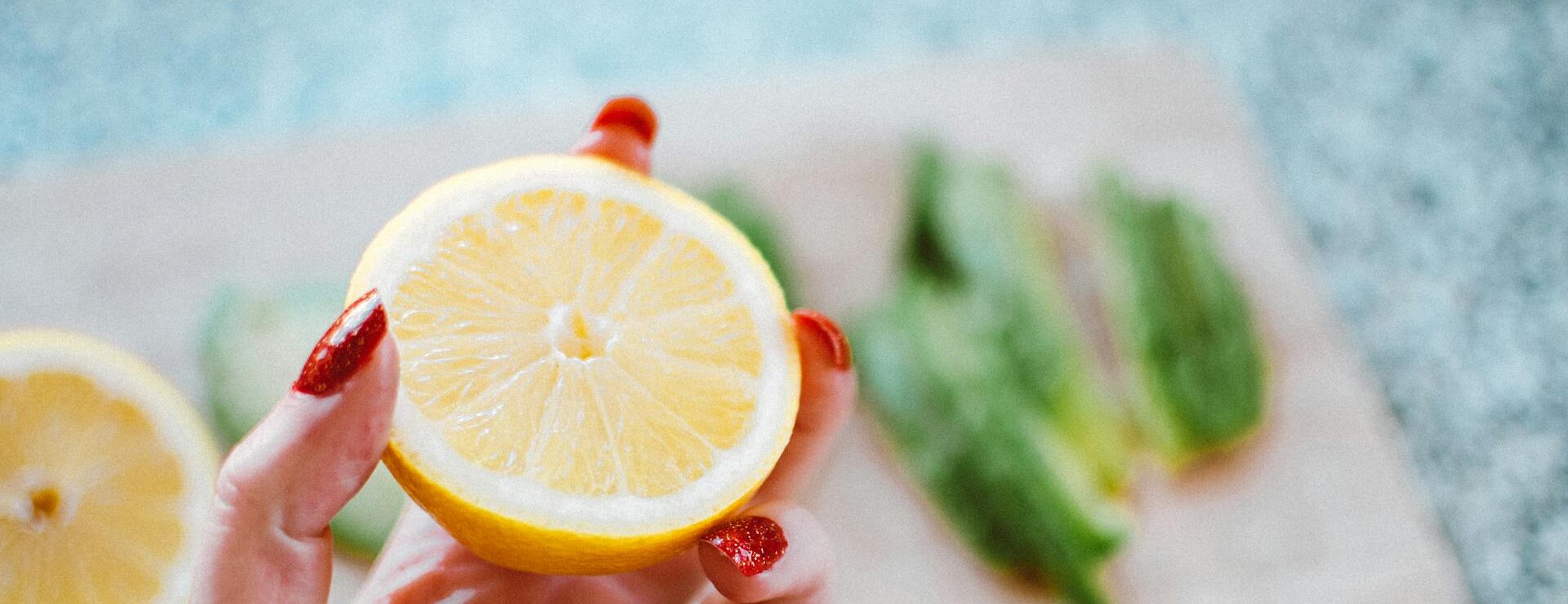
Detox: a cleansing diet to eliminate toxins
Detox is a cleansing diet to help the body get rid of toxins. There are many ways to help the body remove toxins, although our body is well-equipped to eliminate them naturally. This process involves not only the liver, but also the kidneys, digestive system, skin and lungs.
Detox: How do you clean yourself from the inside?
Toxins are substances that come from germs such as bacteria or even heavy metals and some pollutants such as synthetic chemicals. In addition, it can also be found in ultra-processed foods. It may be harmful to the human body.
Toxins accumulate in our bodies when we overeat, such as on holidays or on holidays, when we eat a lot of foods high in fat and sugar, especially processed foods and those containing additives and chemical compounds. Or when we follow certain habits such as smoking or alcohol.
What happens when toxins accumulate?
Excessive accumulation of toxins increases the likelihood of slow and heavy digestive processes that can later manifest as bloating, fatigue, exhaustion or even dull skin. The accumulation of toxins in the body increases the load on the organs responsible for eliminating these toxins, especially the liver and kidneys, and can cause fluid retention.
What is a detox or detox diet?
Purification diets usually consist of including healthy foods for passage through the intestines, while at the same time excluding certain foods such as some meat, fish, dairy products, coffee, tobacco, and stimulants. Some detox diets also include diets based primarily on juices or fruits. Lemon juice, fat-free yogurt, and drinking plenty of water are often very present in this type of diet.
Keys to the detox system and tips for cleaning your body from the inside
Maintaining a healthy lifestyle, balanced diet and regular exercise is of vital importance for the condition of the body. To follow a detox diet, our diet should be based on consuming:
- Vegetables, fruits and nuts are the main foods. It is recommended to eat it raw or cooked. Fruit is recommended two hours before meals or two hours after.
- Replace white bread and cereals with whole grain bread.
- Consume legumes at least 3 times a week.
- Avoid sugar and replace it with honey or sweeteners without exaggerating.
- Drink at least two liters of water daily, or supplement your water intake with herbal tea.
- Green tea steeped in water can help with the fluid elimination process.
- Eating slowly is also another key. One of the secrets of good digestion lies in chewing food carefully.
Foods rich in antioxidants
Antioxidants protect cells from damage caused by molecules called free radicals, whose excess production causes oxidative stress. Our body produces these molecules naturally during energy metabolism, for example, in digestion. However, alcohol, tobacco smoke, poor diet and exposure to pollutants can produce hot radicals
An antioxidant-rich diet can help combat oxidative stress by including foods containing vitamin A, vitamin C, vitamin E, selenium, lycopene, lutein and zeaxanthin.
Berries, fruits, vegetables, nuts, cocoa, and drinks such as green tea are examples of foods rich in antioxidants.
What to avoid when following a detox diet?
Likewise, there are a series of foods or guidelines that should be avoided in our day if we want to keep our bodies free of harmful substances:
- Avoid fried foods and use only a little oil when cooking.
- Try to avoid stimulants such as coffee, tobacco, and alcohol.
- Reduce consumption of salt, spices, and canned or processed products.
- Replace unnatural, fermented or carbonated drinks with fresh fruit or vegetable juices.









